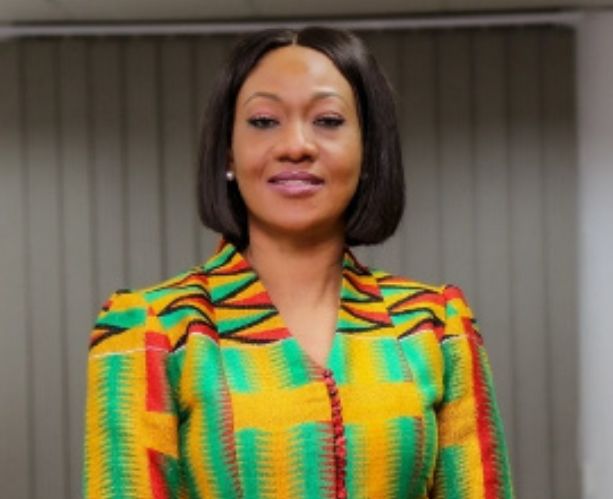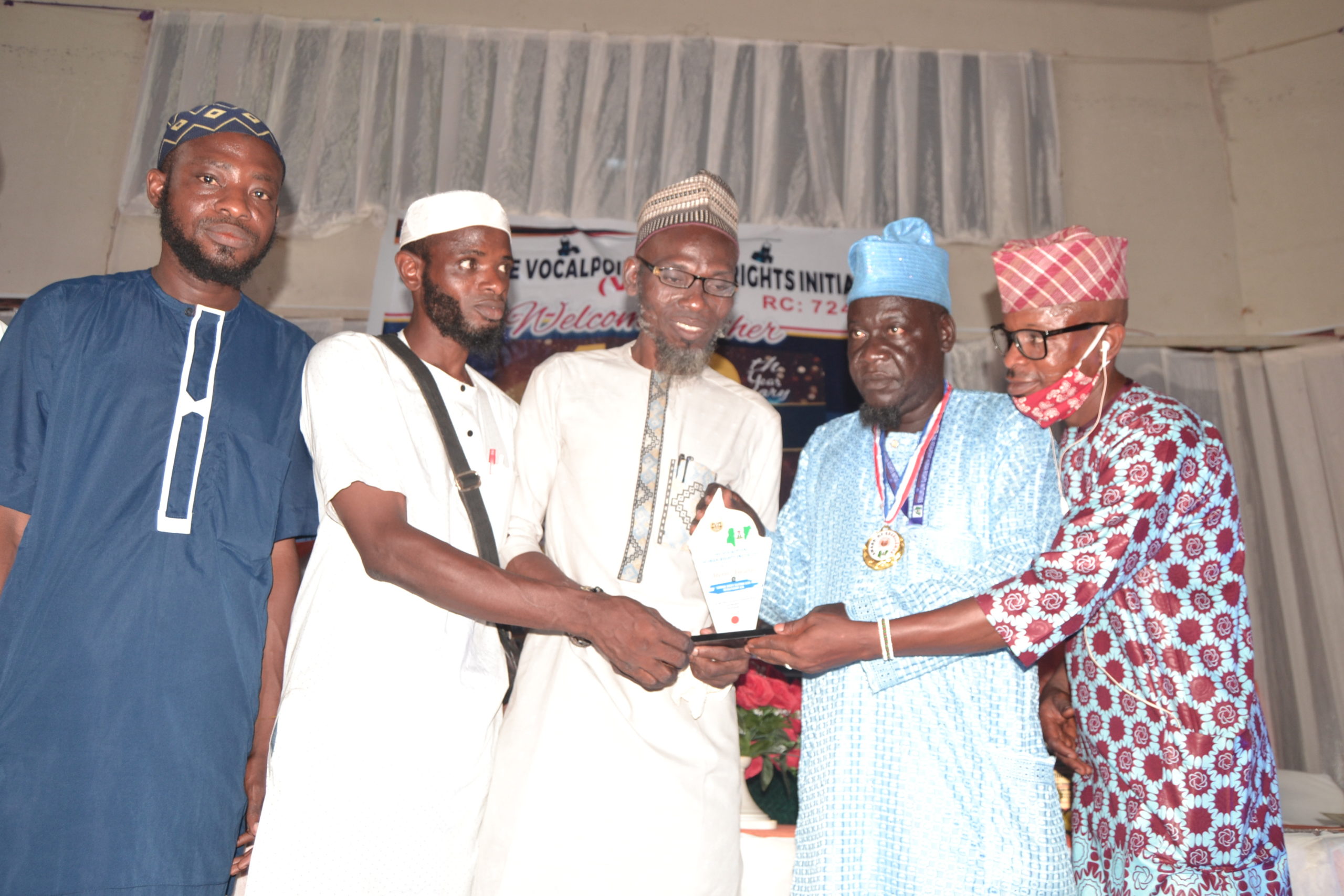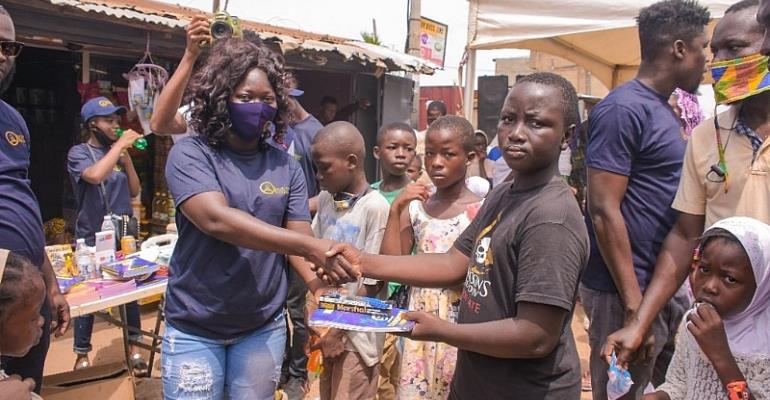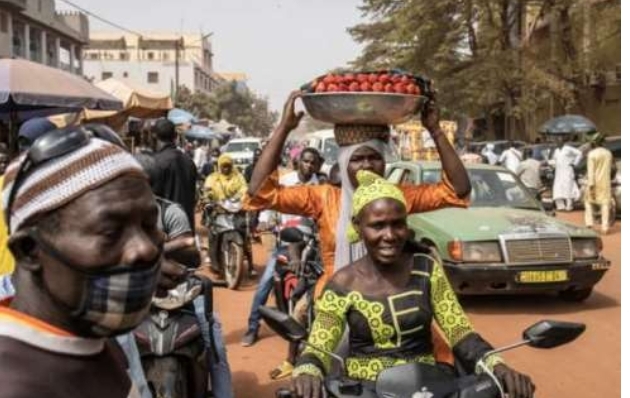Kenya to break pattern of disputed elections

A pre-election assessment mission by the International Republican Institute (IRI) and the National Democratic Institute (NDI) said the potential milestone would require concerted efforts by all stakeholders, including political parties, security services, civil society and the media.
The assessment delegation includes Mrs Jean Mensa, Chairperson of the Electoral Commission of Ghana and Mr James Lahai, the National Coordinator of National Election Watch, Sierra Leone.
The rest are: Madam Nicole Rowsell, the Acting Vice President of the National Democratic Institute, the United States of America, and Mr Yomi Jacobs, the Resident Program Director of the International Republican Institute in Kenya and Nigeria.
Briefing the Ghana News Agency, Mrs Mensa said the purpose of the PEAM assessment was to ‘measure’ the current political environment as well as the electoral preparations ahead of the August 2022 general election.
She said the mission was to provide independent, impartial information and practical recommendations before Election Day to improve the process and demonstrate international support for credible and peaceful electoral processes.
The assessment, Mrs Mensa said indicated that the 2022 general election had the potential to be a pivotal milestone for democratisation in Kenya.
“Elections in 2007, 2013, and 2017 were marred by challenges with the results transmission process and related lack of public confidence in the official outcome, resulting in widespread post-election violence in 2007 and 2008 and the nullification of the 2017 presidential election results by the Supreme Court,” she noted.
The mission found that the elections would take place against a backdrop of shifting political alliances and newly enacted and evolving amendments to the Electoral and Political Party laws and provide an opportunity to break with the past.
She said the delegation recognised the positive efforts being made to conduct more transparent, accountable, and inclusive elections, including the Independent Electoral and Boundaries Commission’s (IEBC) efforts to rebuild trust and assert its independence.
There are efforts to improve the political party nomination processes, increased stakeholder engagement by police, nomination of a female vice-presidential candidate, reliance on the judiciary to resolve disputes and the judiciary’s preparedness for legal challenges that may arise in the post-election period.
She said the delegation noted that stakeholders expressed concerns about remaining vulnerabilities that could undermine confidence in the 2022 elections and increase the potential for election-related violence.
These include electoral amendments that can affect the conduct of the election pending in Parliament, creating confusion among the electorate.
Mrs Mensa said the delegation observed that the persistent distrust over the transmission and announcement of results remained while Parliament’s failure to approve limits on campaign financing meant that campaign-related expenditures would continue to play an outsized role during the elections.
The delegation also heard reports of State resources being misused for campaigning in violation of the electoral code of conduct and the use of hate speech across the political spectrum to incite violence.
The lack of economic opportunity for young people makes them potentially more vulnerable to being exploited by political leaders to engage in violence.
Also, the prevalence of mis- and disinformation not only disrupts the flow of accurate election-related information to citizens, but also contributes to raising tensions and polarisation among political factions and ethnic groups.
The delegation heard concerns about the neutrality and the role of certain elements of the security services in maintaining peace.





